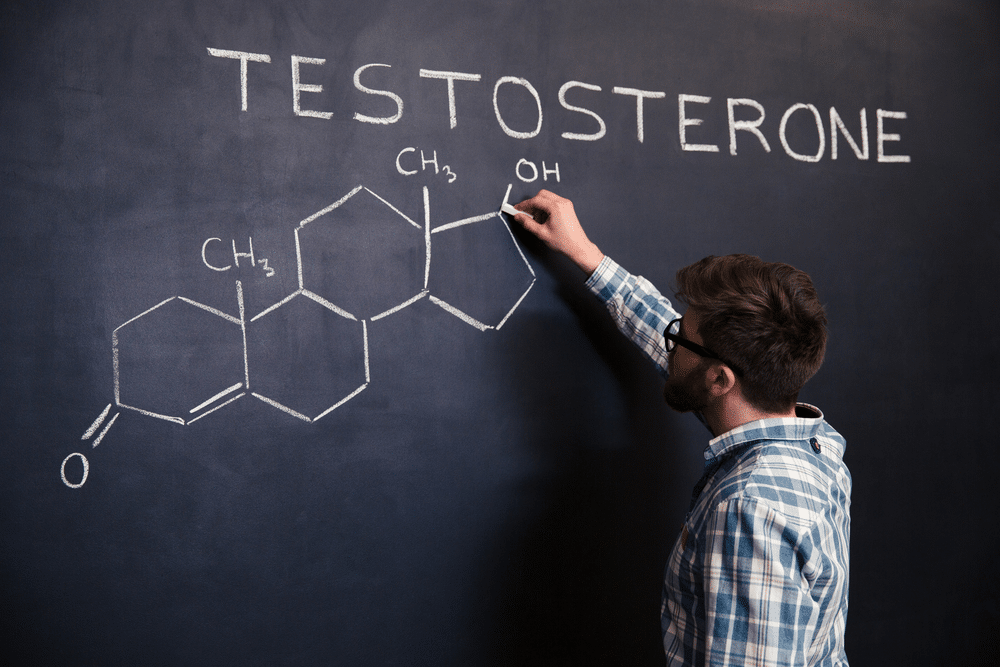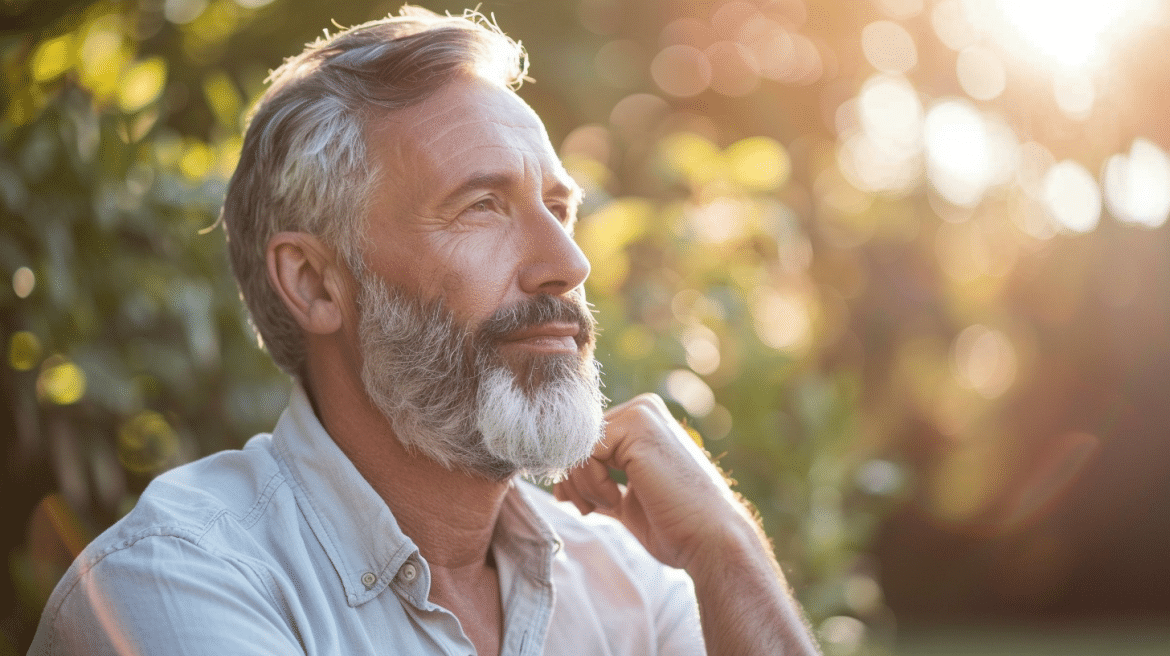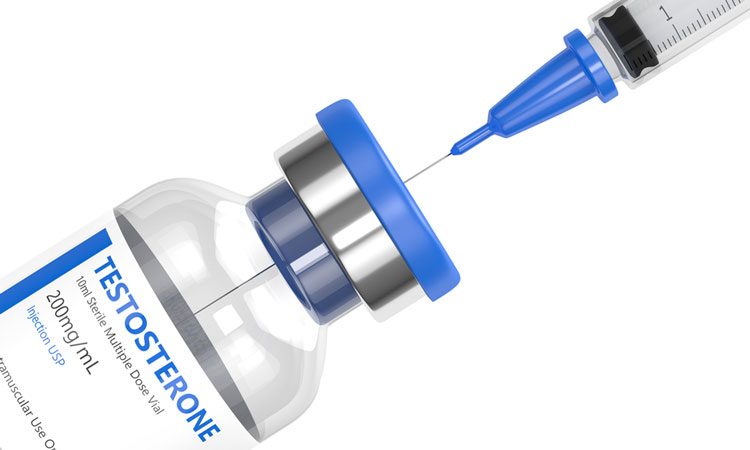As we get older, our bodies go through many changes. One change that some people experience is a drop in testosterone levels. Testosterone is a hormone that plays a big role in our energy levels, mood, and overall health. For some older adults, low testosterone can cause problems like feeling tired, sad, or weak.
Testosterone Replacement Therapy (TRT) is a treatment that can help increase testosterone levels. It can improve how you feel and help you enjoy life more. But it’s important to know both the good and bad sides of TRT before deciding if it’s right for you.
In this article, we will take a close look at TRT. We’ll talk about what it is, who might need it, and what to expect from the treatment. We will also discuss the benefits, risks, and other ways to boost testosterone naturally. By the end, you will have a better idea if TRT is the right choice for you.
Testosterone and Its Role in Aging

As people age, testosterone levels naturally decrease. This happens to everyone, but some people experience a larger drop than others. When testosterone levels get too low, it can cause several health issues. These issues can make it hard to enjoy daily life.
Symptoms of Low Testosterone in Older Adults
Physical Symptoms:
- Fatigue: Feeling tired all the time, even after a good night’s sleep.
- Muscle Loss: Losing muscle mass and strength.
- Weight Gain: Gaining weight, especially around the belly.
- Hair Loss: Losing hair on the body or head.
- Sleep Problems: Having trouble falling asleep or staying asleep.
Emotional and Cognitive Symptoms:
- Mood Changes: Feeling sad, anxious, or irritable.
- Memory Issues: Having trouble remembering things or focusing.
- Low Sex Drive: Losing interest in sex or having trouble with sexual performance.
What is Testosterone Replacement Therapy (TRT)?
TRT Testosterone Replacement Therapy is a treatment used to increase testosterone levels in the body. There are different ways to receive TRT, including:
- Injections: Receiving a shot of testosterone in a muscle.
- Patches: Wearing a patch on the skin that releases testosterone.
- Gels: Applying a gel to the skin that absorbs testosterone.
- Pills: Taking a pill that contains testosterone.
Each method works by delivering testosterone into the bloodstream, helping to raise levels back to a normal range.
Benefits of Testosterone Replacement Therapy for Older Adults
TRT can offer several benefits for older adults with low testosterone. These benefits can improve both physical and emotional health. Some of the main benefits include:
- Increased Energy: Feeling more energetic and less tired.
- Improved Mood: Feeling happier and less anxious or irritable.
- Muscle Strength: Gaining back muscle mass and strength.
- Better Sleep: Sleeping better and feeling more rested.
- Enhanced Sex Drive: Having a higher interest in sex and better sexual performance.
Risks and Side Effects of Testosterone Replacement Therapy

- Heart Problems: Increased risk of heart attack or stroke.
- Blood Clots: Higher chance of developing blood clots.
- Prostate Issues: Possible growth of prostate cancer or other prostate problems.
- Sleep Apnea: Worsening of sleep apnea, a condition where breathing stops during sleep.
- Skin Reactions: Irritation or rashes at the site of application (patches or gels).
Who Should Consider Testosterone Replacement Therapy?
TRT is not for everyone. It is important to talk to a network such as TRT Colombia, which can help find a healthcare provider and see if TRT is a good option for you. Older adults who might benefit from TRT often have:
- Low Testosterone Levels: Confirmed by a blood test.
- Symptoms of Low Testosterone: Experiencing symptoms that affect daily life.
- Good Overall Health: No serious heart, liver, or prostate issues.
Consulting with Your Healthcare Provider
Before starting TRT, it’s essential to consult with a healthcare provider. They can help determine if TRT is right for you by:
- Performing Tests: Checking your testosterone levels with a blood test.
- Reviewing Medical History: Looking at your overall health and any existing conditions.
- Discussing Options: Talk about the different types of TRT and what might work best for you.
Lifestyle and Natural Ways to Boost Testosterone
Besides TRT, there are natural ways to help boost testosterone levels. Making healthy lifestyle changes can have a big impact. Here are some tips:
- Exercise Regularly: Engage in strength training and aerobic exercises.
- Eat a Healthy Diet: Focus on foods rich in protein, healthy fats, and vitamins.
- Get Enough Sleep: Aim for 7-8 hours of good quality sleep each night.
- Reduce Stress: Practice relaxation techniques like meditation or yoga.
Conclusion
Testosterone Replacement Therapy can be a helpful treatment for older adults with low testosterone. It can improve energy, mood, muscle strength, and overall quality of life. However, it’s important to weigh the benefits against the risks and consult with a healthcare provider to make an informed decision.
By understanding your options and taking a comprehensive look at TRT, you can determine if it’s the right choice for you.


